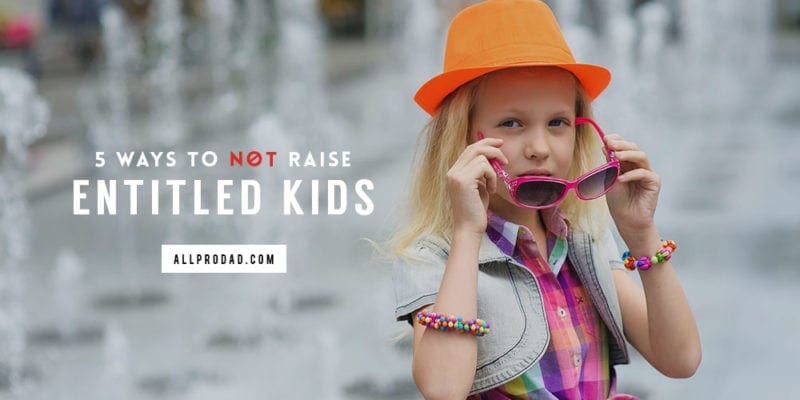Our culture continually encourages our kids to be self-centered. Everything is customizable to make life “all about me.” Our kids are being trained to be consumers of other people’s stuff. But are they learning to be producers, creating new things, expressing inspiring ideas? The consuming mentality is draining the life and future out of our kids. Is your child becoming a selfish person instead of a kid who serves?
Here are the differences between raising producers and consumers, and why it matters.
First, I should mention that while having a creative approach to life instead of merely a consuming approach is good, not everything we might produce is good. And not everything we might consume is bad or makes someone a selfish person. But if you teach your kids to live to consume, or to produce in society only so they ultimately can have the means to consume more, then you are asking them to focus on the wrong thing.
What are the main differences between kids who are consumers instead of producers?
- Consumers use up for themselves what others produce. Producers create, through themselves, what can be a benefit to others.
- Consumers can be lazy in logic and critical thinking. If it sounds good, smells good, looks yummy or fun, go for it. Producers have to become problem solvers by nature and necessity in the creative process, sharpening their minds.
- Consumers slowly lose the ability to be creative and innovative. Producers are forced to be creative and innovative.
- Consumers live dependent on others and are tossed around by circumstances. Producers can forge a life full of independence and resilience and adaptability, yet contribute to a community as well.
- Consumers ask, “What’s in it for me?” Producers ask, “What’s in me for others?”
Why does it matter? Well, consider these benefits of inspiring our kids to be creative producers instead of merely consumers:
- Creating things and expressing ideas sharpens the mental and physical health of our kids so they can become healthy adults, spouses, and parents.
- Working through the creative process produces resilience in kids. Solving problems and working out ideas can be hard, especially when they don’t always work, but failures plus perseverance can impact the world.
- Kids who learn how to create and to think and to dream will make better cultural, community, and church leaders in the future.
- There is joy, satisfaction, and pride in producing things for others. Consuming a delicious meal can satisfy the stomach, but the joy of watching others eat a meal you’ve specially prepared satisfies the heart and soul.
It’s easy to spot all the ways our kids are being asked to consume. Help them see in themselves and the world around them how much they are needed to produce, to create art and goods and food and ideas that can change someone’s life for good—maybe even their own.
Sound off: What is one way we could raise producers rather than consumers?












Huddle up with your kids and ask, “Why do you think we should focus on what we can give rather than what we can get?”